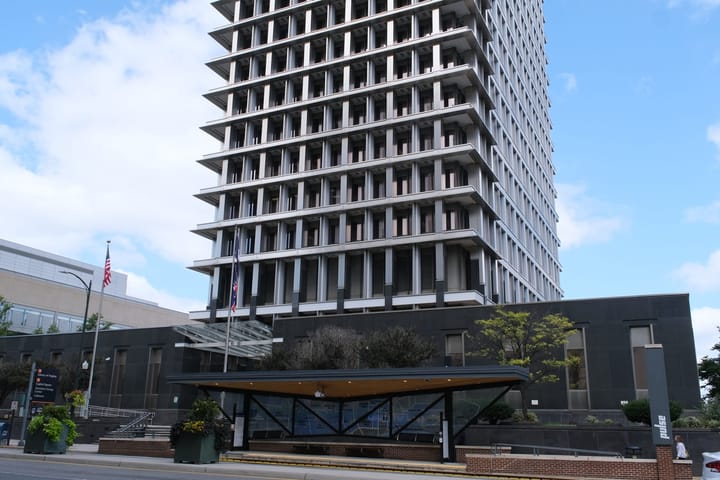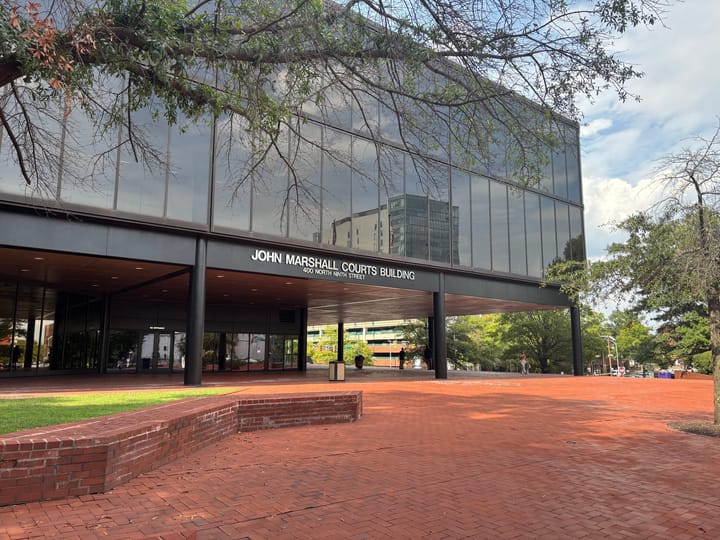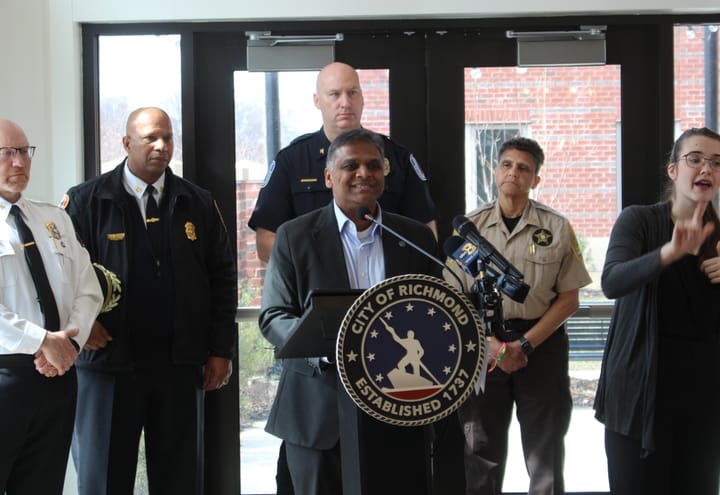City proposes rental inspection program to curb bad landlords
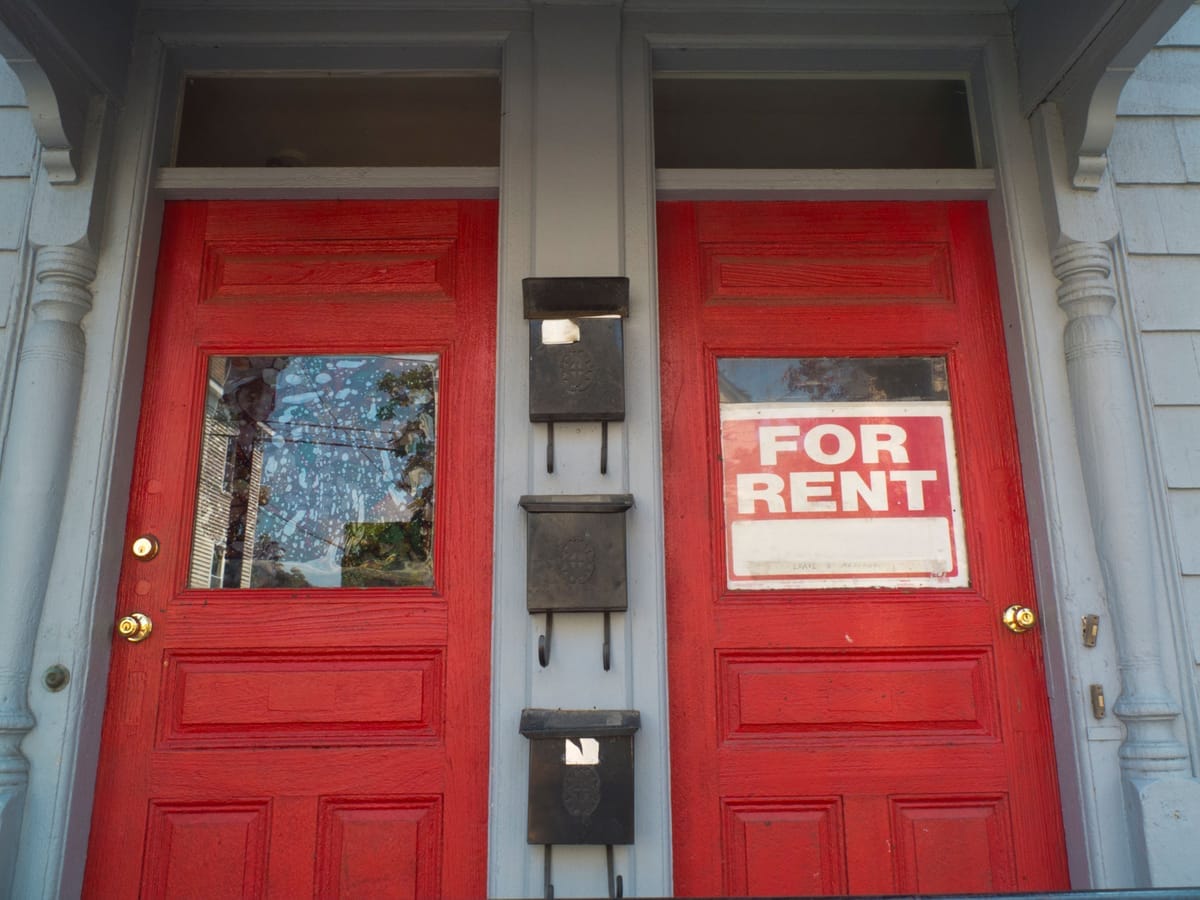
After months of delay, a proposal that could give Richmond building inspectors more power to uncover serious problems in rental units located in certain areas of the city suffering from blight and deterioration is before City Council.
On June 23, the body got the first draft of an ordinance outlining the proposed residential rental inspection program, more than two years after its members asked then-Mayor Levar Stoney’s administration to develop the program over concerns that some landlords were renting out unsafe and unhealthy units.
Residents and progressive advocacy groups like the Richmond chapter of Virginia Organizing and New Virginia Majority have repeatedly turned out to Council meetings in recent months asking the city to accelerate its efforts to create the program.
“I love my city, and I want other people to love my city, but my city needs to do better,” 9th District resident and Virginia Organizing member Bennie Gates told a Council committee this June. “And one of the things we need to do better is be held accountable, and we need to make sure people have adequate, safe, healthy housing.”
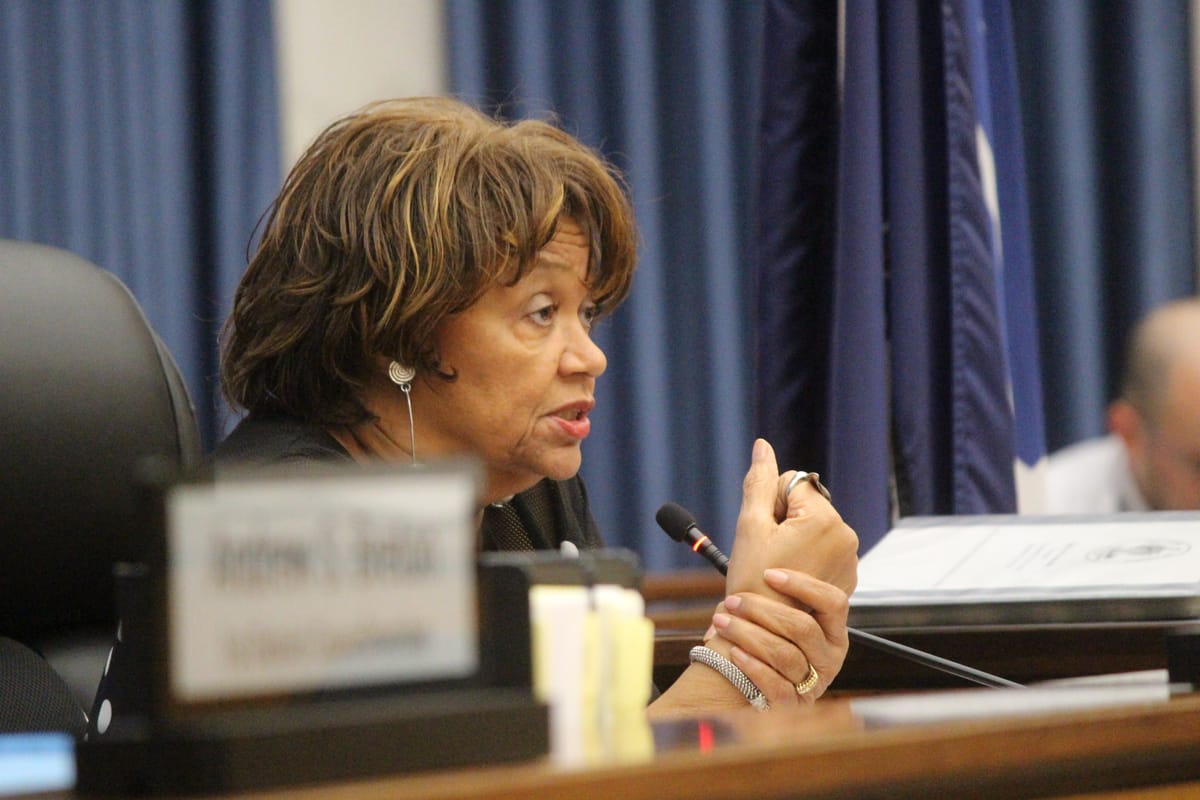
Under the ordinance, City Council would have the ability to establish rental inspection districts in areas where “there is a need to protect the public health, safety and welfare” of rental occupants, rental units are either blighted or facing deterioration and inspections are “necessary to maintain safe, decent and sanitary living conditions for tenants and other residents.”
Information Council could use in determining whether a place meets those criteria would include the number of building or health code violations and emergency service responses that have occurred there over the past 48 months, as well as petitions by renters.
Once a district is established, any rental unit within it could be inspected once a year or after a sale to make sure it complied with the building code; if violations were found, follow-up inspections could occur “until such time as the dwelling unit is brought into compliance.”
For apartment buildings with more than 10 units, inspectors would examine anywhere between 2% and 10% of the units and could go into more if they found violations.
Some exemptions from the inspection requirements would also be available. Units found to be compliant with the rules wouldn’t have to be inspected for another four years. Brand-new units would also get a similar reprieve after receiving their certificate of occupancy.
Designating districts
While the ordinance now before City Council sketches out the framework for how the program would function, it doesn’t identify any particular districts where the program would go into effect.
That’s on purpose, Planning Department Director Kevin Vonck told Council’s Public Safety Committee on June 25.
“There’s a lot of nuance” to designating a particular neighborhood as a rental inspection district, he said, urging Council to be “very eyes wide open about what that means.”
“We cannot unsee things. And so if we see a violation, we have to report it,” he said. “And in some cases what is the toughest is where we have violations of unsafe structures where somebody actually now can’t live there.”
Previously, Vonck has warned the body that while identifying an area as an inspection district can give the city more power to force negligent landlords to make critical updates to their properties, it can also contribute to negative perceptions of the neighborhood.
But if Richmond is to establish a rental inspection program, it will have to map out districts. That’s because Virginia law prohibits local governments from setting up such programs citywide.
Because the program would require additional city inspectors and resources that will cost money, Vonck suggested to the Public Safety Committee that Richmond consider focusing on areas “with the most extreme health, safety, welfare violations, where people are living in really squalid conditions.”
“I just don’t think we have the resources right now to just go out proactively and inspect every rental property in the city,” he said.
Vonck said the city might be able to cover inspections with existing staff if it takes a “Henrico approach” of only declaring a few troublesome developments rental inspection districts, but “if we end up for some reason creating six districts with thousands of apartment units in it, we will need more staff to do that.”
The proposed ordinance will now go to Council’s Land Use, Housing and Transportation Committee for its review before heading to the full body later this summer.
Contact Reporter Sarah Vogelsong at svogelsong@richmonder.org



